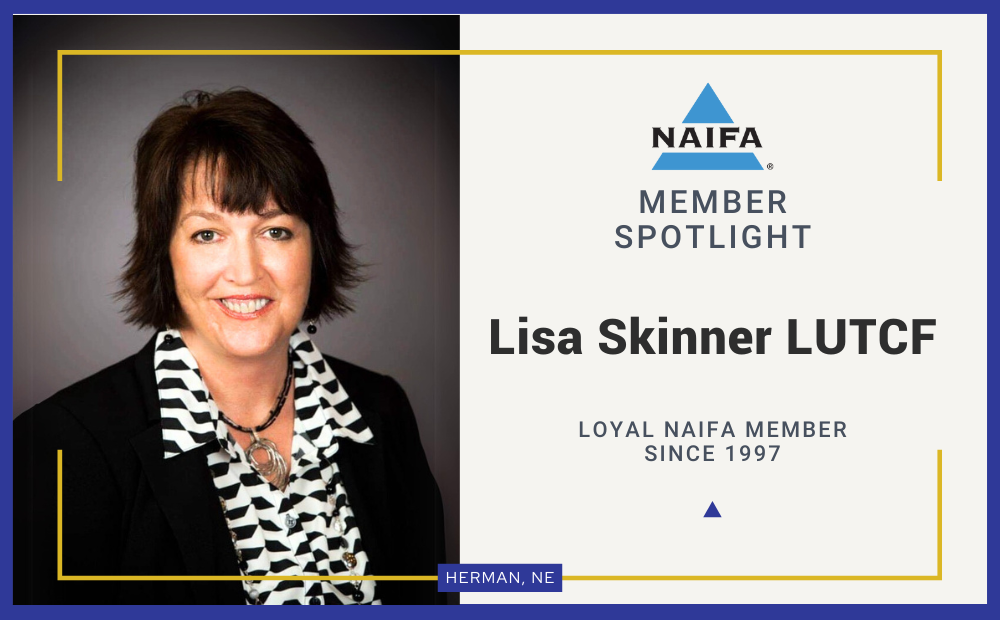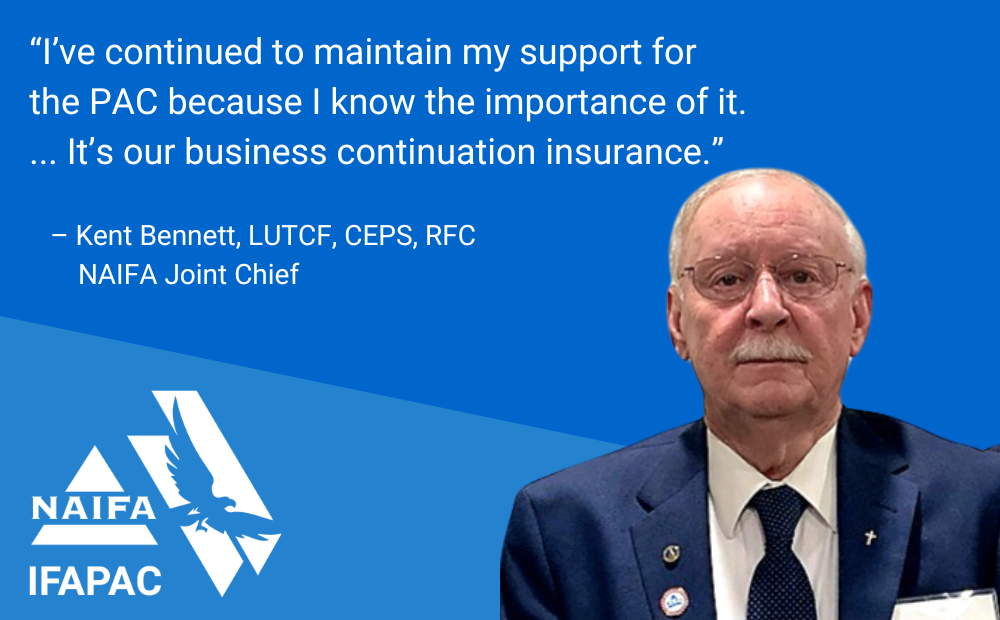Find out why they create problems—and how to fix them.
By Mel Schlesinger, RHU, REBC
Have you gone to one of those big bookstores and looked at all the books promising a solution to your challenges as a salesperson? If you have, then you know that they all provide essentially the same strategies. At the end of the day, they all offer a variation of these themes:
- Secure a lot of appointments.
- Identify a need, problem or pain.
- Realize that “no” is simply a request for more information.
- Use trial closes to test the water.
- Ask for referrals regardless of whether you get the sale or not.
- Get as many referrals as you can from your clients.
After more than 35 years as a commission-only salesperson, 25 of which have been spent selling insurance, what I know for sure is that the most important thing to know about objections is that you cannot overcome them—for the most part. The second most important thing is that it is possible to have objection-free sales appointments. But first, let’s take a look at these generally accepted strategies of selling and why they create problems.
Secure a lot of appointments
As a salesperson, you are taught that success is about getting to tell your story to as many qualified prospects as possible. A qualified prospect has the following criteria: can make a decision, can afford your products and has a need or a problem. According to this theory, if the prospect says that he is not interested, your job is to overcome his objections and secure the appointment. Generally salespeople apply the “feel, felt, found” formula to overcoming the objection. But in the world of objection-free selling, we do not overcome the objection. We move on to the next prospect. Rather than waste our time and energy on prospects who are not interested, we seek out prospects who have a ready interest in our proposition.
Identify the need, problem or pain
This is the biggest paradigm shift that salespeople have to make. Identifying your prospects’ needs, problems and pain is the reason you receive objections in the first place. The science of neuro marketing tells us that many people are just not motivated by needs, problem or pain avoidance. Instead, they are widely motivated by what they want and there lies the secret to objection-free selling.
"No" is simply a request for more information
As a professional financial advisor, your goal should be to become a member of your client’s team and not become his adversary.
The idea that you have to close at least three (or five or 10) times is ludicrous. It is this approach to selling that makes people dislike salespeople. Attempting to overcome objections and close the sale creates an adversarial relationship. As a professional financial advisor, your goal should be to become a member of your client’s team—not his adversary. A well-crafted presentation should result in simply asking the prospect what he believes his next step should be, and his response should be: “Well, purchase this insurance policy of course!”
Use trial closes to test the water
Trial closes are a distraction from the sales process. What is worse, they can reduce the prospect’s sense of urgency by making him aware that his objectives are not being met by your presentation. An example of a trial close is when a car buyer asks a salesperson, “Can I get this in red?” The salesperson replies, “Do you want it in red?” Trial closes should be replaced by the skill to ask really great questions in the right order and in the right way. Great questions help the prospect identify what is really important to him and connect what is important to why it is important. This raises the prospect’s sense of urgency.
Get referrals
Seeking referrals is a great idea since those referred to you are highly likely to purchase from you. Unfortunately, most of the books on referral gathering would have you believe that you can get a ton of referrals from each prospect or client. The truth is that you can only get one or two really great referrals from each client and none from a prospect who does not become a client. Names from a prospect who did not buy from you are just names and they are not different from names on a purchased list.
Consider the following: I call you up and introduce myself as the objection-free sales coach. I tell you that one of your fellow advisors gave me your name and suggested that I call you to discuss how I can help you be more successful. It is a fair guess that you will call your fellow advisor to ask if he hired me as his coach. When he tells you that he did not because he felt that he did not need my services, what will your response be to my sales proposition? On the other hand, suppose he had hired me and increased his income by $50,000 while working less. Now what will your response to me be?
---------
Mel Schlesinger, RHU, REBC, has more than 25 years of commission-only insurance sales experience. He began by selling life insurance at the kitchen table and today has a thriving business marketing voluntary employee benefits. He coaches insurance agents in the objection-free sales system. You can reach him at 336-774-3075.








.png?width=300&height=300&name=CC%202025%20Ad%20(300%20x%20300%20px).png)
.png?width=300&height=600&name=Tax%20Talk%20Graphic%20-%20email%20tower%20(300%20x%20600%20px).png)



.png?width=300&name=NAIFA-FSP-LH%20with%20tagline%20-%20AT%20blog%20email%20ad%20(300%20x%20250%20px).png)
.png?width=728&height=89&name=2024%20Congressional%20Conference%20(728%20x%2089%20px).png)
